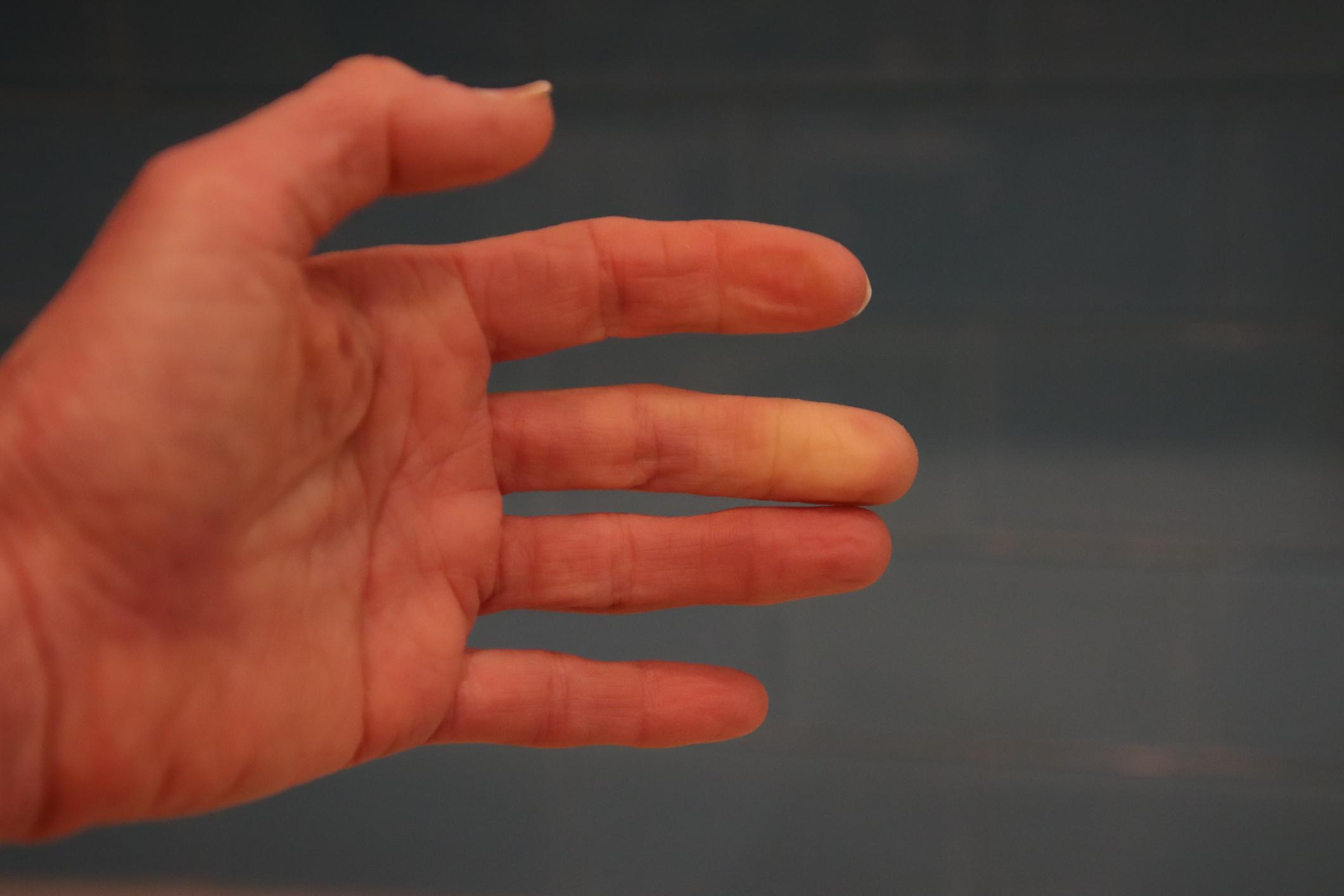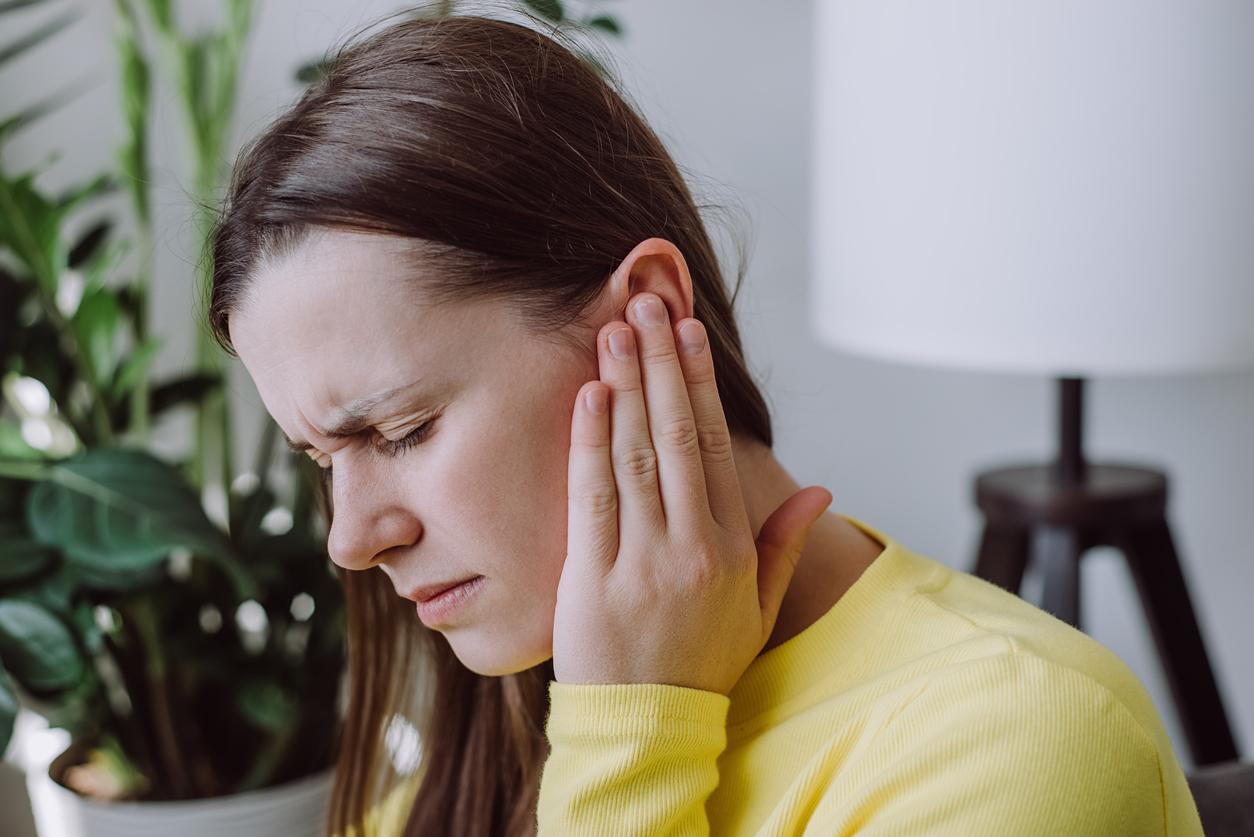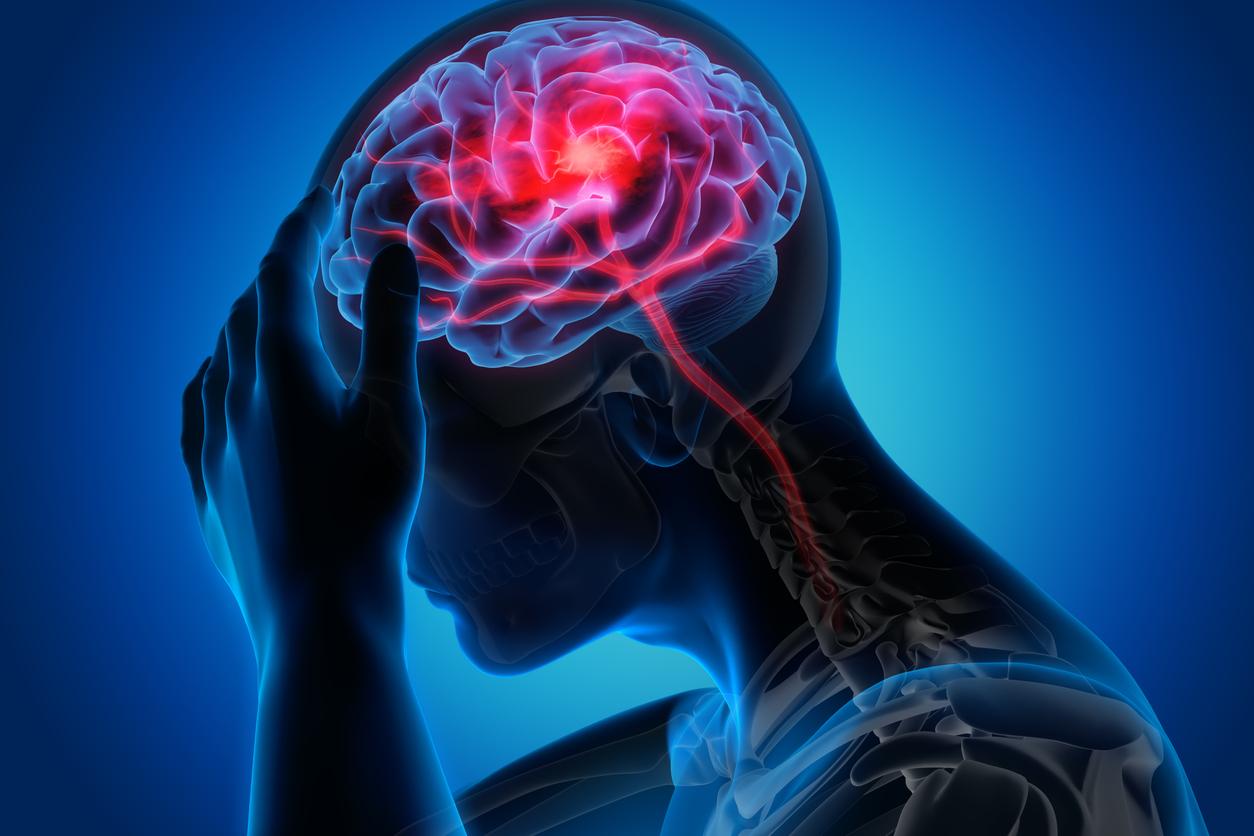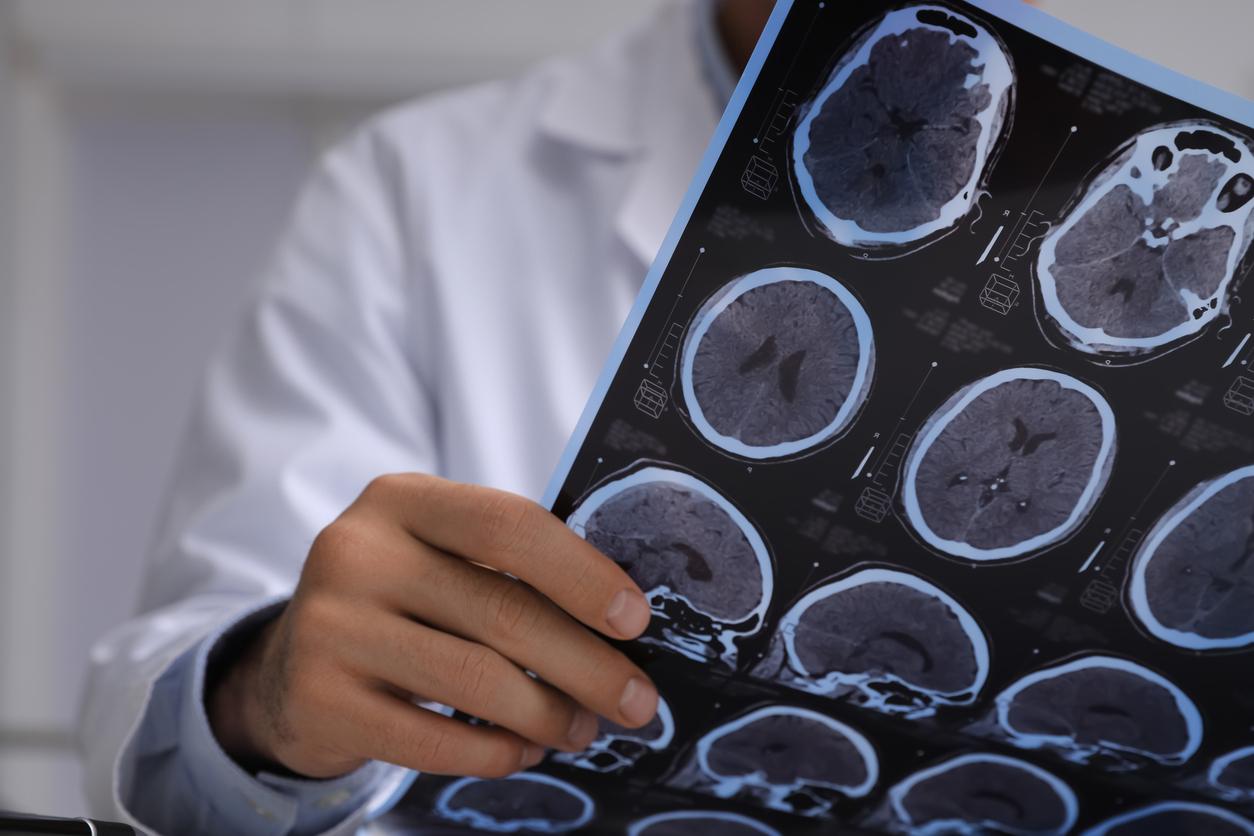They concern 2% of French people, or nearly 1.5 million people. The bipolar disorders, formerly called manic-depressive disorders, are part of mood disorders where each emotion is experienced excessively. These disorders are characterized by a cyclical alternation of two phases of abnormal moods. “The first is a phase of depression, marked by a loss of cravings and appetite, motor slowdown and dark thoughts or even delusional. The second is an excitation phase comprising agitation, lack of sleep, speech acceleration and delusions“, describes Doctor Marc Masson, psychiatrist at the clinic of the Château de Garches (Hauts-de-Seine) and author of the book”Bipolar disorder“(Que sais-je n ° 4040, puf editions). The second edition of the world day of bipolar disorders, organized by the association Argos 2001 and the FondaMental foundation this March 30, 2016, is the opportunity to look at the means of treating bipolarity.
Medicines against seizures …
Bipolar disorder is a serious psychological condition, which can have serious consequences (relationship problems, job loss, Dependencies, risky behavior, suicide attempts…). A range of treatments, medicinal or not, are available today to the patient to calm crises (depressive or manic episodes). One of the factors of these disorders is cerebral pathology. In bipolar people, “the regions that generate emotions in the brain are overactive and their regulation is faulty“explains Dr. Masson. Biological treatments will therefore make it possible to act directly on the brain.”For manic attacks, the patient will be prescribed sedatives and sometimes two to three weeks of hospitalization.“reveals the psychiatrist.”But depression is more complex to treat: we cannot necessarily give antidepressants because they can cause a shift towards the excitation phase. They must therefore be handled with care, and we will more often prescribe other molecules such as antipsychotics (formerly called neuroleptics)“adds the doctor.
… and against relapses
But it is not enough to alleviate crises, it is also necessary to control the troubles over the long term, because “in bipolar patients the relapse rate reaches 80%“deplores the psychiatrist. For this, the reference drug remains the lithium. Doctors usually combine it with anti-epileptics or antipsychotics to gradually decrease its dosage. Because taken over a long period of time, it can cause side effects such as thyroid dysfunctions and kidneys. Annie Labbé was diagnosed with bipolar disorder. She is now president of the Argos 2001 association, which she founded in 2001, and testifies: “personally, lithium was not suitable for me because I had mixed states: I alternated different phases several times during the same day. So I took anti-epileptics, which still suit me perfectly.“Medical supervision by a general practitioner or a psychiatrist is therefore essential, even when the disorders have stabilized.
Another biological technique considered by doctors:electroconvulsive therapy (ECT), formerly known as electroshock. “Improved and modernized over the past 20 years, ECT involves briefly stimulating the brain with an electric current, under general anesthesia“explains Dr. Masson. ECT would be particularly effective in reducing depressive attacks in the medium and long term.
Alternative non-drug treatments: associated therapies
But biological treatments aren’t the only ones that are effective in treating bipolar disorder. Many alternative techniques are emerging and are proving their worth, allowing patients to better cope with their pathology on a daily basis. In the first place, psychoeducation (or therapeutic education) helps to better understand and accept the disease. As a result, it decreases the number of relapses and hospitalizations. This therapy is often conducted in groups. She teaches patients to respect simple rules, for example to limit stimulants (alcohol, coffee …) and adopt a healthy lifestyle with stable waking and sleeping times. Psychoeducation is also aimed at relatives of patients: “they must learn to protect themselves. For this, talk groups help to understand, learn and accept the illness of the loved one“advises Annie Labbé.
Another treatment is the cognitive and behavioral therapies (TCC). They consist in teaching the patient to identify risky situations and the triggers of crises in order to better manage them.
At the same time, so-called cognitive remediation therapies aim to “re-educate the attention, memory and concentration of the bipolar person“, explains Doctor Masson.
Likewise, the mindfulness meditation (mindfulness) helps people with bipolar “better channel their stress, emotions and hypersensitivity“says the psychiatrist. Performed daily, it decreases the number of relapses once the disease is stable.
On the other hand, bipolar disorder may be linked to an underlying mental disorder. In this case, the bipolar may have recourse to analytical therapy. “In addition to the drug treatments, I did a psychoanalysis because I also had a deep neurosis. As they say, one train can hide another!“says Annie Labbé.
Finally, theart therapy is often offered during hospitalizations. “This type of therapy is quite appropriate, especially since bipolar people often have a slightly above average creative capacity.“explains Dr. Masson. Whether it is therapy through drawing, music, painting, theater, dance or sculpture, it will facilitate the management of attention and have a liberating effect.
The person suffering from bipolar disorder will be able to combine several of these therapies. “In addition to psychoanalysis, I also followed a course in art therapy, cognitive and behavioral therapy and psychoeducation. I also created the Argos 2001 association 15 years ago, which was of great benefit to me.“thus reports Annie Labbé.
Living well with the disease is possible
But can we talk about healing? “If by cure we mean a total disappearance of the disease, then no, we cannot cure a bipolar disorder” reveals Dr. Masson. Because even if the treatments regulate the neuronal dysfunction at the origin of the disorder, their stopping causes the reappearance of the symptoms. “We must nevertheless remain optimistic“reassures Doctor Masson.”It is quite possible to lead a normal life thanks to an optimization of the care, by finding the most suitable and simplest treatment formula.“he details.”Like any disease, there is a phase of acceptance. Once this phase is over, we can really live with it, as long as you are vigilant.“adds Annie Labbé.”We are vulnerable, especially when it comes to hard times. This is why it is necessary to combine psychic, psychiatric and somatic care so as not to relapse, and to dialogue with your doctor who constitutes a real crutch.“she also advises. And to add:”Above all, you have to live beyond illness, play sports, play theater … because bipolarity does not prevent you from living.“
Find the program of events organized for the 2nd World Bipolar Disorder Day on the site of the fondaMental Foundation.
Sources:
Interview with doctor Marc Masson, psychiatrist at the clinic at the Château de Garches (Hauts-de-Seine)
Interview with Annie Labbé, founder and president ofArgos association 2001
Bipolar disorder, doctor Marc Masson. Que sais-je n ° 4040, puf editions, March 2016. (Price: 9 euros)
>> To read also:
Bipolar disorder: nothing to do with simple mood swings …
Creativity and mental illnesses have common genetic roots
Bipolar Disorders: Early Diagnosis to Avoid the Risk of Suicide
Bipolar disorder: the smartphone could detect mood changes

















